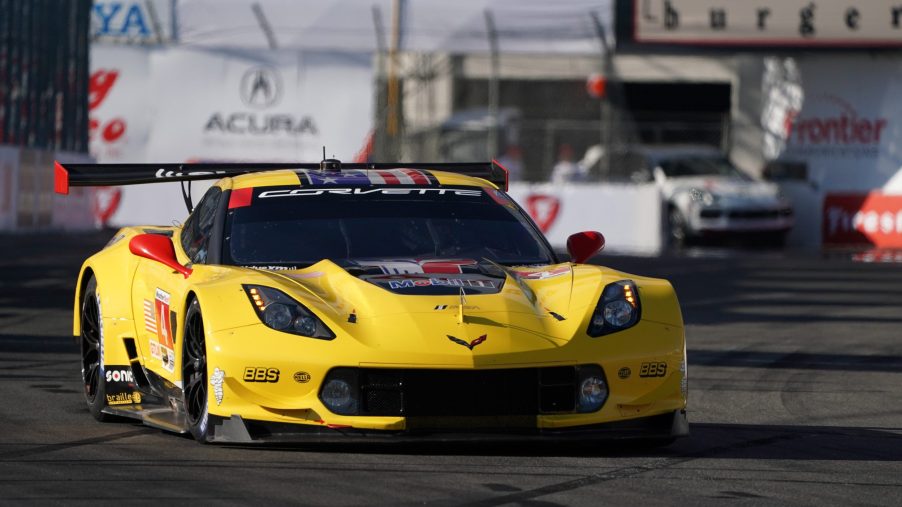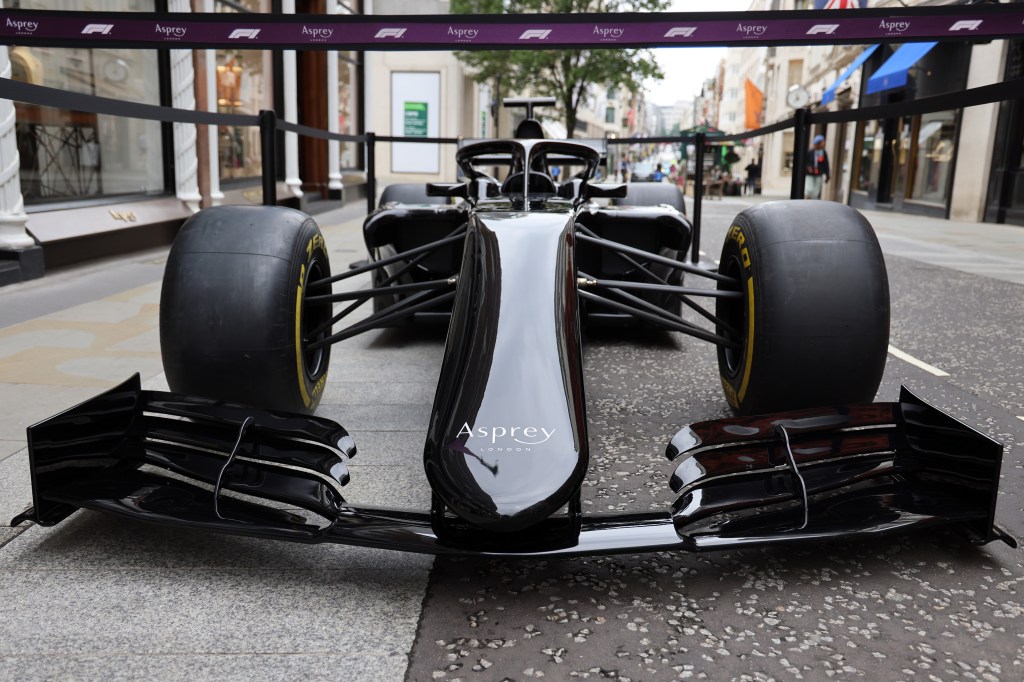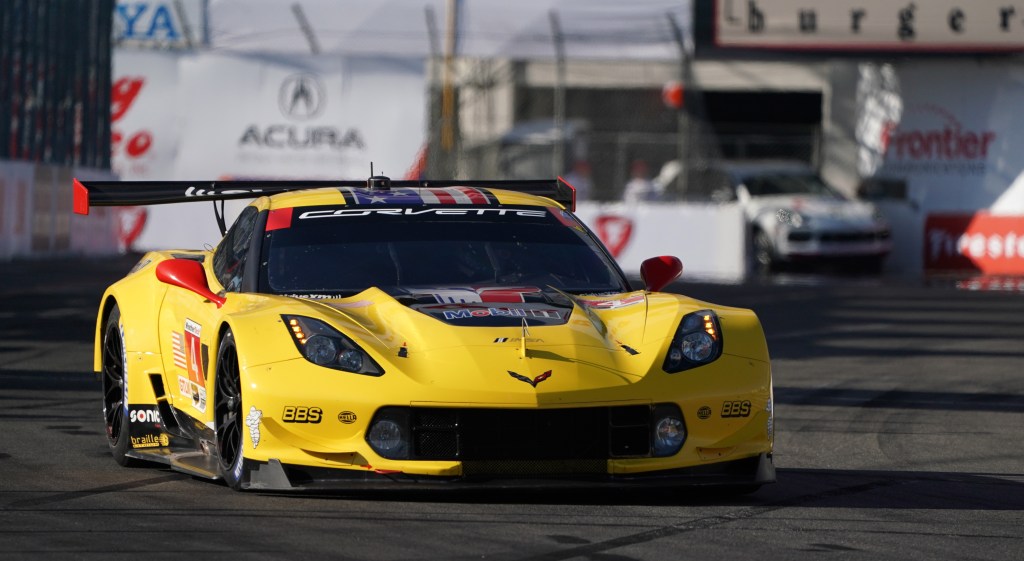
Buying and Driving Retired Racercars is a Next-Level Automotive Hobby
Getting any street-legal car ready for the track can be expensive, but if you want to compete in private races or just enjoy the ability to drive your own racecar, you can actually buy a bonafide retired racecar. While you can race your regular performance-oriented street-legal sports car on some tracks and private track events, driving a racecar is a radically different experience, and for some automotive enthusiasts, it’s the best next-level hobby you can have.
Can you buy a retired racecar?

The simple answer is yes, you can buy a retired racecar. The more complicated answer would be: if you can find one for sale. Racecars are typically viewed as a piece of motorsports history, and you’d be hard-pressed to find most of them for sale. Of course, if you wanted one that was privately built and raced by a smaller company, your chances of buying a racecar for a reasonable price are much higher. But, if you want to buy a racecar that was driven professionally in whatever circuit or style of racing you’re interested in, you may be looking for a while or left paying a pretty penny.
How much does it cost?

The answer to this question isn’t as simple because it depends on each individual car itself. The same racecar modified in the same ways might be more or less expensive depending on their racing history if they’ve won specific races or even if they were driven by a specific racecar driver. How much it costs to drive one of these cars also varies because you have to drive them on the racetrack exclusively, you don’t have to pay the same type of registration fees that you would for a street-legal vehicle, but there are additional problems, such as financing, as most racecars cannot be financed through a traditional auto loan.
Racecars are difference than performance-oriented sports cars
Driving a bonafide racecar isn’t the same as driving a performance-oriented sports car. Starting with maintenance and repairs, racecars may have engines and transmissions all the same, but many components of the vehicle may need to be replaced after the car has been retired. Seats and harnesses that are track-approved do expire and will need to be replaced before you can safely drive them on a track. Racecars also typically have different components that require special tools, such as the wheels being a center-lock or the air-jack that requires a high-pressure air compressor to lift the vehicle.

Besides the car itself, the driving experience is also very different from a performance-oriented sports car. Sports cars, which are designed to be street legal, offer a lot of the luxuries we take for granted — some of which you can’t appreciate until you drive a racecar. This includes sound deadening, suspension dampening, and air conditioning (though some racecars have air vents to allow for airflow). Depending on the type, you may need professional lessons to even be able to drive and operate the vehicle correctly and safely, as the driving and handling experience is so different from that of any regular street-legal sports car — even ones that are designed to be track-focused.


